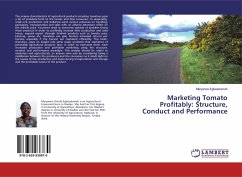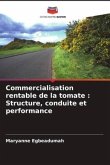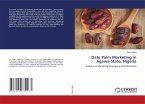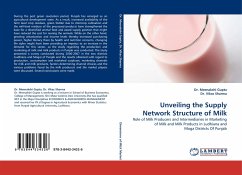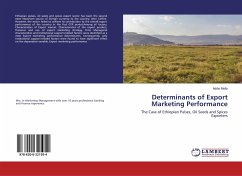The unique characteristics of agricultural products including tomatoes pose a lot of problems both to the farmer and final consumer. Its seasonality, small unit production and bulkiness exert various pressures on handling, packaging, transportation and sales with an adverse attendant effect on the market price. Countries need to overcome myriads of problem facing these products in order to profitably increase their production and sales hence, expand export through finished products such as tomato juice, ketchup, puree etc. Tomatoes can give farmers increased returns per hectare especially if the harvest are marketed efficiently. This book, therefore, gives an insight into some major problems that marketers of perishable agricultural products face; in order to overcome them, have increased production and profitable marketing using the structure, conduct and performance paradigm. This analysis should be useful to marketers and agriculturists, or anyone who may be considering being a middleman between the producers and the consumers as it sheds light on the causes of low production and losses during transportation and storage and the profitable nature of the product.
Bitte wählen Sie Ihr Anliegen aus.
Rechnungen
Retourenschein anfordern
Bestellstatus
Storno

